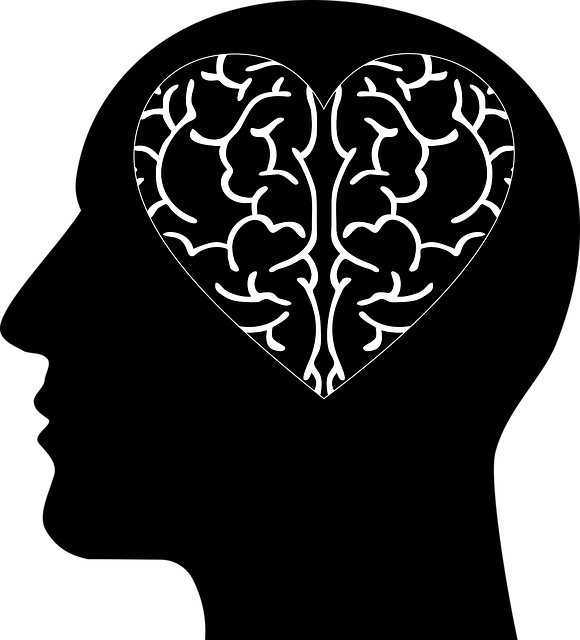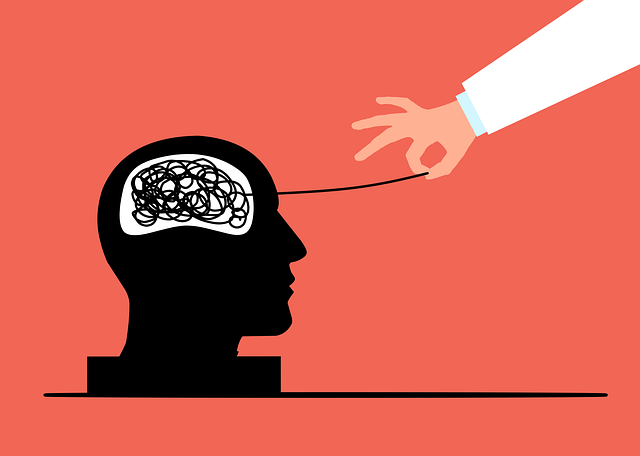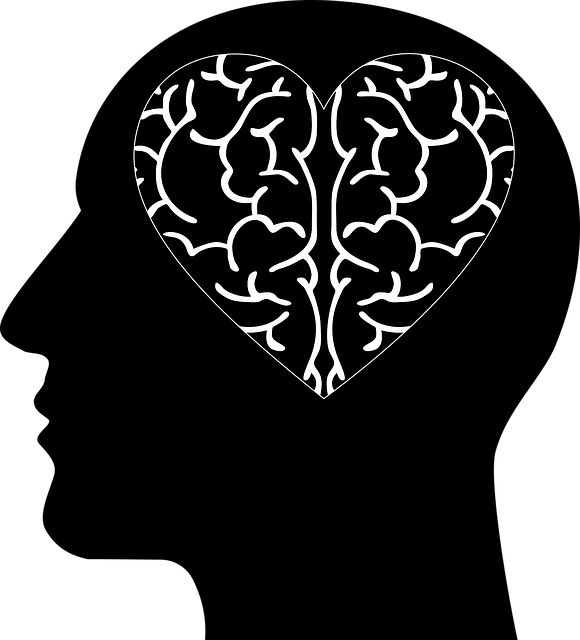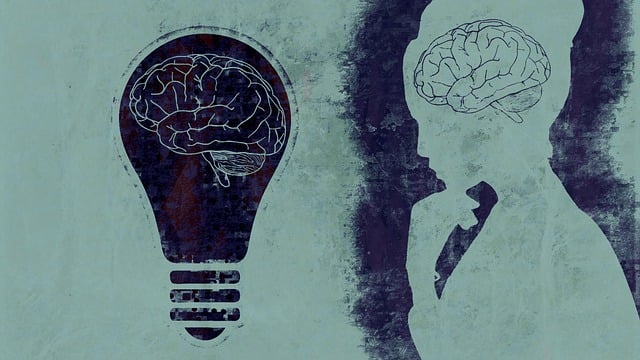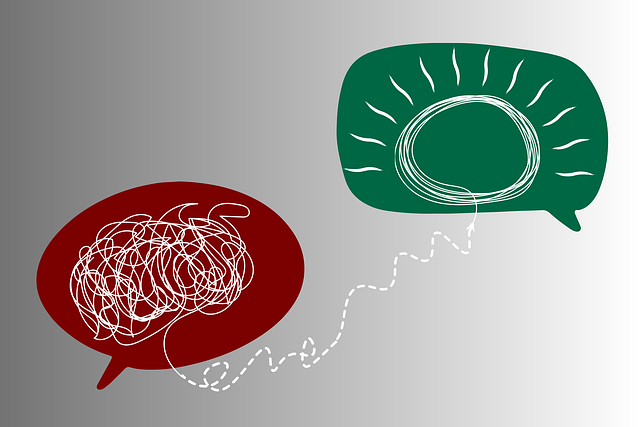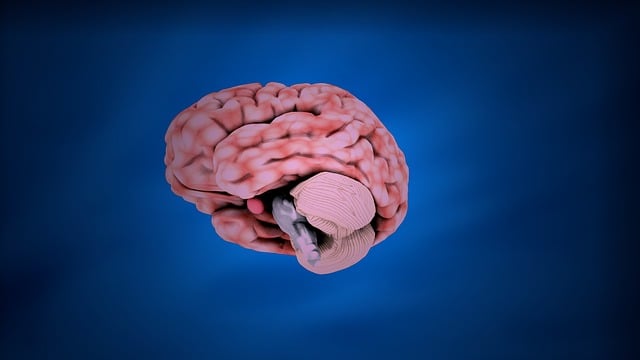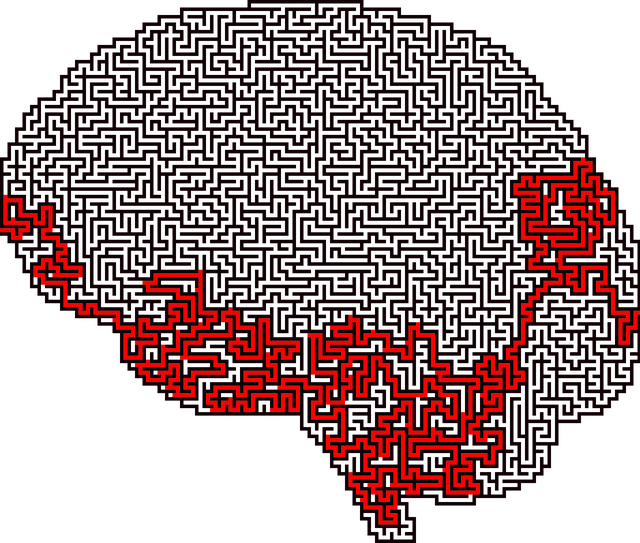Aurora Alcohol Abuse Therapy emphasizes the connection between social skills and mental health, offering a comprehensive program for recovery. Through specialized training, they empower individuals with tools like communication, empathy, and stress management to navigate social challenges stemming from mental health conditions. Their holistic approach combines cognitive-behavioral techniques, group therapy, and self-care practices to build resilience, enhance emotional intelligence, and foster supportive networks. By integrating mindfulness, cultural sensitivity, and role-playing scenarios, Aurora creates an inclusive environment that encourages open dialogue, improves communication, and promotes balanced mental wellness.
Social skills training is a vital component of mental health management, addressing the intricate connection between social interaction and well-being. This article explores strategies for individuals with mental health conditions to navigate social challenges, emphasizing the transformative power of therapy. We delve into specific techniques, such as those offered by Aurora Alcohol Abuse Therapy, that enhance communication and relationship-building skills. By understanding common hurdles, readers can access practical tools, ultimately fostering healthier social connections and improved mental health outcomes.
- Understanding the Link Between Social Skills and Mental Health
- Identifying Challenges in Social Interactions for Individuals with Mental Health Conditions
- The Role of Aurora Alcohol Abuse Therapy in Enhancing Social Skills
- Practical Strategies for Developing Effective Social Communication
- Building Support Networks and Fostering Healthy Relationships
Understanding the Link Between Social Skills and Mental Health

In today’s world, where social interactions play a pivotal role in our mental well-being, understanding the connection between social skills and mental health is more crucial than ever. Aurora Alcohol Abuse Therapy recognizes that effective communication, empathy, and relationship building are essential components of recovery and resilience building. Mental health conditions often isolate individuals, making it challenging to navigate social environments, which can exacerbate symptoms and hinder progress.
Social skills training, as a component of comprehensive mental health education programs design, aims to empower individuals with the tools necessary to interact confidently, manage stress, and build supportive networks. By learning effective communication strategies, practicing active listening, and developing empathy, individuals can improve their relationships, reduce social anxiety, and enhance overall well-being. This holistic approach, coupled with resilience building techniques, equips individuals with the strength to navigate life’s challenges, fostering a sense of belonging and improved mental health outcomes.
Identifying Challenges in Social Interactions for Individuals with Mental Health Conditions

Individuals with mental health conditions often face unique challenges when it comes to social interactions. These challenges can stem from a variety of factors, including symptoms of their condition, past traumatic experiences, or social anxiety. For example, someone struggling with depression might find it difficult to initiate conversations or maintain eye contact, while an individual with bipolar disorder could experience impulsive or erratic behavior in social settings. Aurora Alcohol Abuse Therapy recognizes these complexities and offers specialized support to help clients navigate these interactions.
Self-care practices and self-awareness exercises are integral parts of the therapy process. Through trauma support services, individuals learn coping mechanisms to manage their symptoms in various social contexts. By fostering a deeper understanding of themselves and their triggers, they can anticipate and address potential challenges, ultimately improving their overall well-being and relationships.
The Role of Aurora Alcohol Abuse Therapy in Enhancing Social Skills

Aurora Alcohol Abuse Therapy plays a pivotal role in enhancing social skills for individuals grappling with mental health conditions. Through tailored programs that integrate cognitive-behavioral techniques and group therapy sessions, Aurora provides a supportive environment where participants can safely practice and develop healthy interpersonal interactions. This holistic approach not only addresses the underlying causes of alcohol abuse but also equips individuals with strategies to navigate social situations more effectively, thereby fostering improved emotional intelligence and enhancing mental wellness.
Moreover, the focus on burnout prevention is a key aspect of Aurora’s methodology. By teaching participants how to set boundaries, manage stress, and communicate their needs assertively, Aurora empowers them to avoid the exhaustion that often accompanies chronic mental health challenges. This proactive stance not only improves social skills but also promotes overall resilience, enabling individuals to thrive in both personal and professional spheres while maintaining balanced mental wellness.
Practical Strategies for Developing Effective Social Communication

Developing effective social communication skills is a powerful tool for individuals managing mental health conditions, especially those seeking support from Aurora Alcohol Abuse Therapy or similar services. Practical strategies can be implemented to enhance interactions and foster meaningful connections. One key approach is role-playing scenarios, where individuals rehearse conversations in safe settings, helping them build confidence and refine their message delivery.
Additionally, teaching active listening techniques enables people to better understand others, fostering empathy and reducing misunderstandings. Encouraging open dialogue about feelings and experiences during group sessions or workshops led by a Stress Management Workshops Organization can create a supportive environment where participants learn from one another. Integrating these strategies, along with Crisis Intervention Guidance and Self-Care Practices, empowers individuals to navigate social situations with greater ease and resilience.
Building Support Networks and Fostering Healthy Relationships

Building support networks and fostering healthy relationships are vital components of social skills training for individuals managing mental health conditions, such as those seeking Aurora Alcohol Abuse Therapy. In the context of mental healthcare, connections with others can serve as a powerful tool for recovery and resilience. Encouraging patients to cultivate meaningful relationships provides them with a sense of belonging and purpose, which are crucial in mitigating symptoms and promoting well-being.
By integrating practices like mindfulness meditation and cultivating cultural sensitivity in mental healthcare, individuals can enhance their social skills and create more robust support systems. Mindfulness techniques help individuals stay present during interactions, fostering deeper connections and improved communication. Cultural sensitivity ensures that everyone feels valued and understood, creating an inclusive environment that encourages open dialogue about experiences, challenges, and coping mechanisms, including effective stress reduction methods.
Social skills training plays a pivotal role in managing mental health conditions, as it empowers individuals to navigate social interactions with confidence. By understanding the unique challenges presented by mental health disorders, we can effectively employ strategies like those offered by Aurora Alcohol Abuse Therapy to enhance communication and build supportive relationships. Through practical techniques and fostering connections, individuals can improve their overall well-being and thrive in various social settings.

